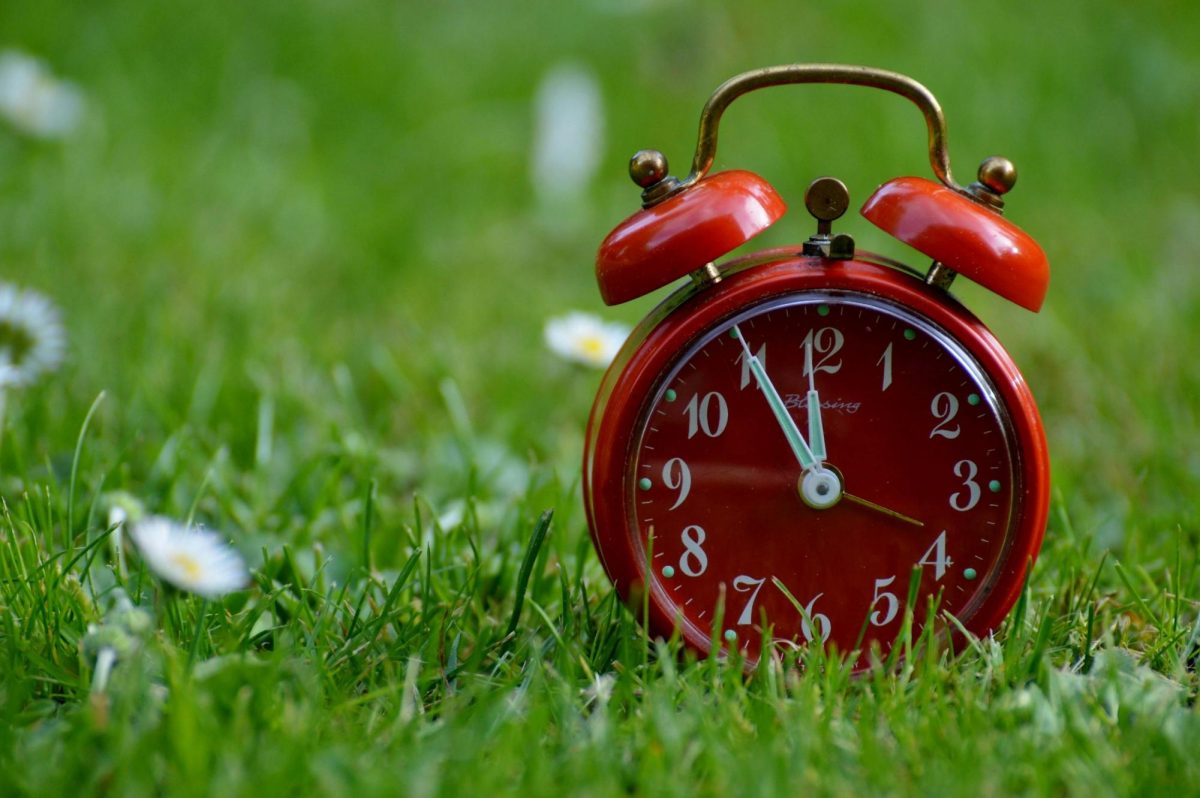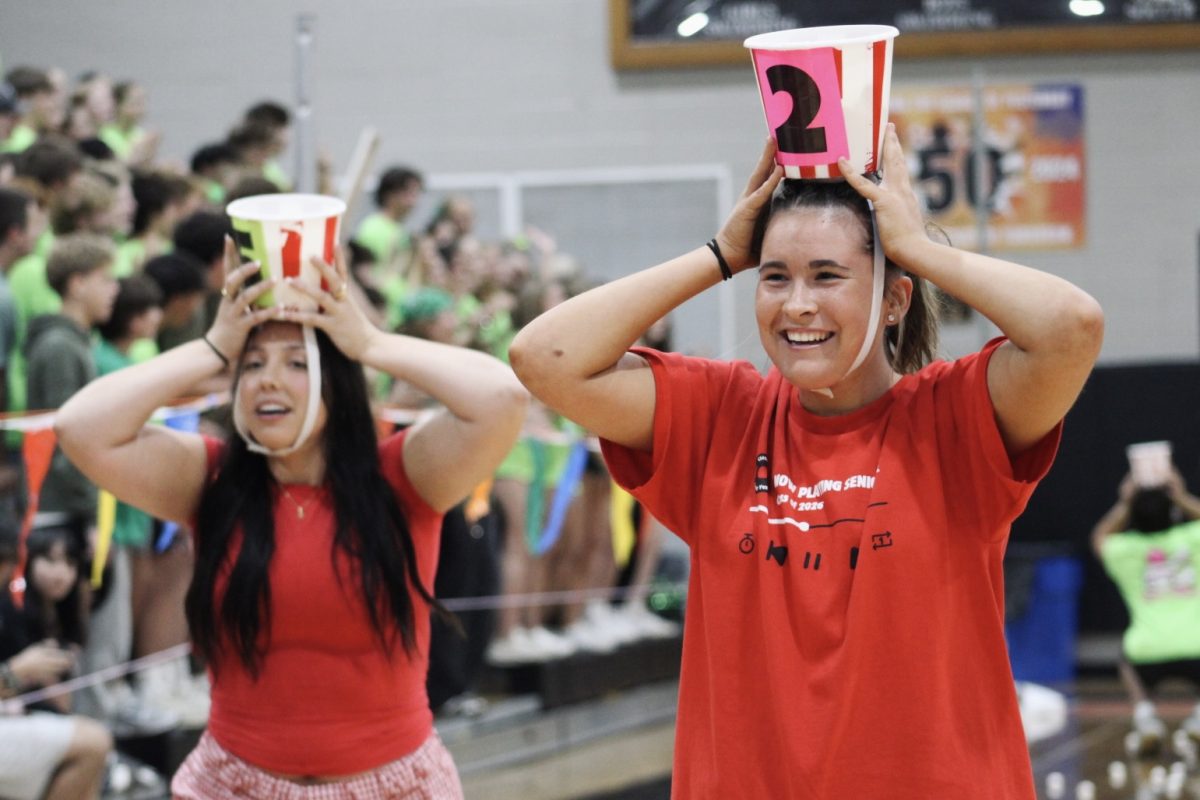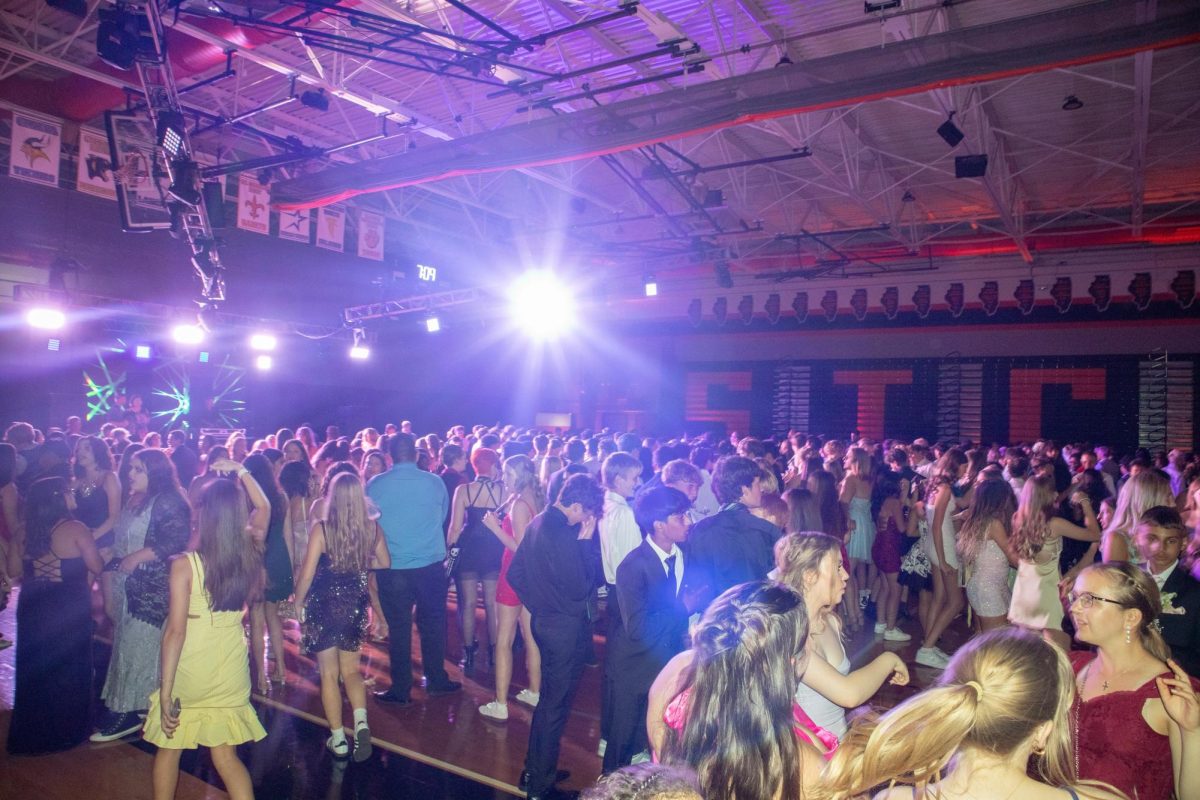On Feb. 5, Illinois House State Rep. Laura Faver Dias proposed a bill to Illinois lawmakers that would prohibit high schools from starting the school day anytime before 8:45 a.m. If this law gets passed, early start times for high school students may be banned for good.
This proposal was initiated after the realization that most teens are not getting the necessary amount of sleep each night to be successful in school the next day. According to the Centers for Disease Control (CDC), teens aged 13 to 18 should be getting eight to 10 hours of sleep nightly; however, most of them only get 6.5 to 7.5 hours per night.
Sleep deprivation within the teenage age group has many susceptible factors, though school workload and extracurricular activities are some of the most common stressors. Between after-school activities and hours of homework each night, for some teens this is nearly impossible to meet the required amount of sleep each night.
The hope of this new bill is that high school students get an extra hour of sleep nightly to ensure they are getting the correct amount of rest to develop and grow. According to the Child Mind Institute, lacking the necessary amount of sleep each night has many notable consequences, such as increased risk of injuries, inability to self-regulate and the development of sleep and mood behaviors that can negatively impact cognitive development.
While many students would benefit from an extra hour of sleep each morning, concerns surrounding the logistics of bus schedules and coordinating parent work schedules to accommodate the new school day have been voiced. If this bill gets passed, school districts statewide may run into the problem of interfering with bus schedules between elementary and middle schools, causing many students to be late to school every morning. It’s also notable that student attendance may decrease as some parents may not be able to change their work schedules to accommodate the new school day hours.
While the bill has not yet passed, it’s a consideration that may be the only solution to the sleep deprivation within the teenage age group.









